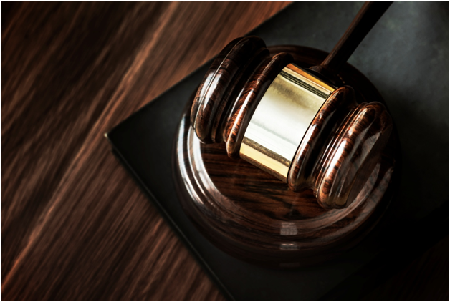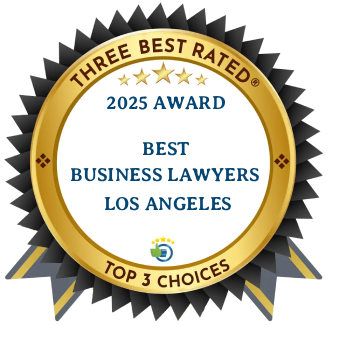
Whether you have been a small business owner for years or if you are working through the stages of starting up your company, it is important that you take the necessary steps to protect yourself and your businesses.
All of the terms and conditions included in intellectual property law can become overwhelming and it can be difficult to ascertain which type of protection you need. It is important that you consult with an experienced startup lawyer in Los Angeles to determine which is best for you.
Copyrights
Copyright protection is available for original works of authorship that are fixed in a tangible form, whether published or unpublished. The categories of work that can be protected include paintings, literary works, live performances, photographs, movies, and software. It is important to understand that copyright law covers the “form of material expression,” and not the actual concepts, ideas, techniques, or facts in a particular work, hence why it must be in tangible form.
Trademarks
Trademark protection is available for certain names, symbols, or words that will be used in connection with a good or service. The purpose behind trademarks is to allow companies and individuals to indicate the source of their goods or services and to distinguish them from others in the industry. A trademark not only gives the owner the exclusive right to use the mark, but also allows the owner to prevent others from using a similar mark that may be confusing to the general public. It does not, however, prevent others from making or selling the same good or service.
Patents
A patent is a right granted to an inventor that permits that inventor to exclude others from making, selling, or using his or her invention for a period of time. For an invention to qualify for a patent, it must be both “novel” and “non-obvious.” An invention is novel if it is different from other similar inventions in one or more of its parts. It also must not have been publicly used, sold, or patented by another inventor within a year of the date that the patent application is filed. As for the second qualification, an invention is non-obvious if someone who is skilled in the relevant field of the invention would consider its development to be unexpected or surprising.
Trade Secrets
Trade secrets consist of information, including formulas, patterns, compilations, programs, devices, methods, techniques, processes, client lists, and pricing data. To meet the definition of a trade secret, the information must be used in business, and grant the user an opportunity to obtain an economic advantage over competitors who do not know of it or use it. This protection is fairly limited, as a trade secret holder is only protected from unauthorized disclosure and use. If a trade secret holder fails to maintain secrecy or if the information is independently discovered, becomes released, or otherwise becomes generally known, protection as a trade secret is lost. However, trade secrets do not expire, so protection continues until discovery or loss.
For further information, or if you are looking to protect your ideas, products, or business, it is in your best interest to contact an experienced business lawyer in Los Angeles such as the highly reputable Afshin Hakim of Hakim Law Group at 310.993.2203 or visit www.HakimLawGroup.com to learn more.

